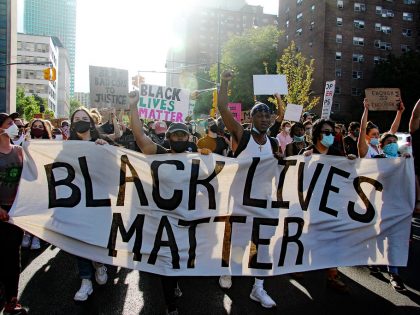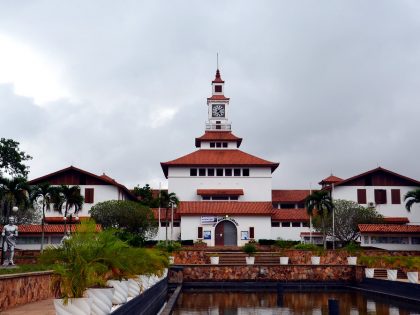
Another essentializing moment?
Since Stuart Hall wrote critically about race as an analytical category in the 1980s, naturalized accounts of race are back with a vengeance.

Since Stuart Hall wrote critically about race as an analytical category in the 1980s, naturalized accounts of race are back with a vengeance.

Scholars Archie Mafeje and Cedric Robinson challenged Eurocentrism. Their ideas are becoming more widely known. They're the focus of AIAC Talk this week.

Kwame Nkrumah’s ideas about pan-Africanism and African liberation inspired many young scholars to explore global linkages around race and power, to uncover historical connections and forge new ones.

What might Black Lives Matter learn from Africanist scholars who have studied inequality outside the US, especially in Africa?

Reflections from a former President of the African Studies Association (ASA), the largest African Studies association globally, on the future of the discipline.

Despite increased global debate over refugee issues, few discuss these issues in terms of refugee histories, especially histories of Africans seeking refuge in and beyond the continent.

African Studies scholars write for the gate-keepers, to prove our own legitimacy, for the stimulation of conferences and the relief of rising recognition by algorithms.

Influence exhilarates. It also makes people nervous. Writers, artists, scholars, researchers—we all seem to want to be “influential.” Less often do we want to admit to being “influenced.”

Tanzanian universities are beginning to tackle “sextortion.” Will new policies and attention to sexual harassment on campuses make a difference?

David Graeber (1961-2020) started his career as a scholar studying Madagascar, which informed his ideas about anarchism, debt, and globalization.

What if you survey African literature professors to find out which works and writers are most regularly taught? Only a few canonical ones continue to dominate curricula.

We should honor Professor Ernest Wamba dia Wamba by carrying on his life's work.

Il sied d’honorer le professeur Ernest Wamba dia Wamba en continuant l’œuvre de sa vie.

Tunapaswa kumheshimu Profesa Ernest Wamba dia Wamba kwa kuendelea na kazi ya maisha yake.

Ghana’s ruling party has proposed a new law to control the country’s public universities. The country’s academics are fighting it.

The Nigerian scholar and poet, Harry Garuba, who died in February 2020, was a key figure in African Studies and teaching literature in South Africa.

The journal’s editor acknowledges that it has a long way to go before most Africa-based scholars recognize it as an especially African journal.

Among the many legacies of Teju Olaniyan’s teaching and writing would be a project to not only speak in the ideological name of Africa, but to redistribute the power of speaking in that name.

The works of Frantz Fanon can be read as architectural renderings of rights, futures, and generations toward a “very different Afro-futurism.”

The world is out of joint and Immanuel Wallerstein, one of its great public intellectuals, has left us—albeit with tools to battle the dying kicks of capitalism.